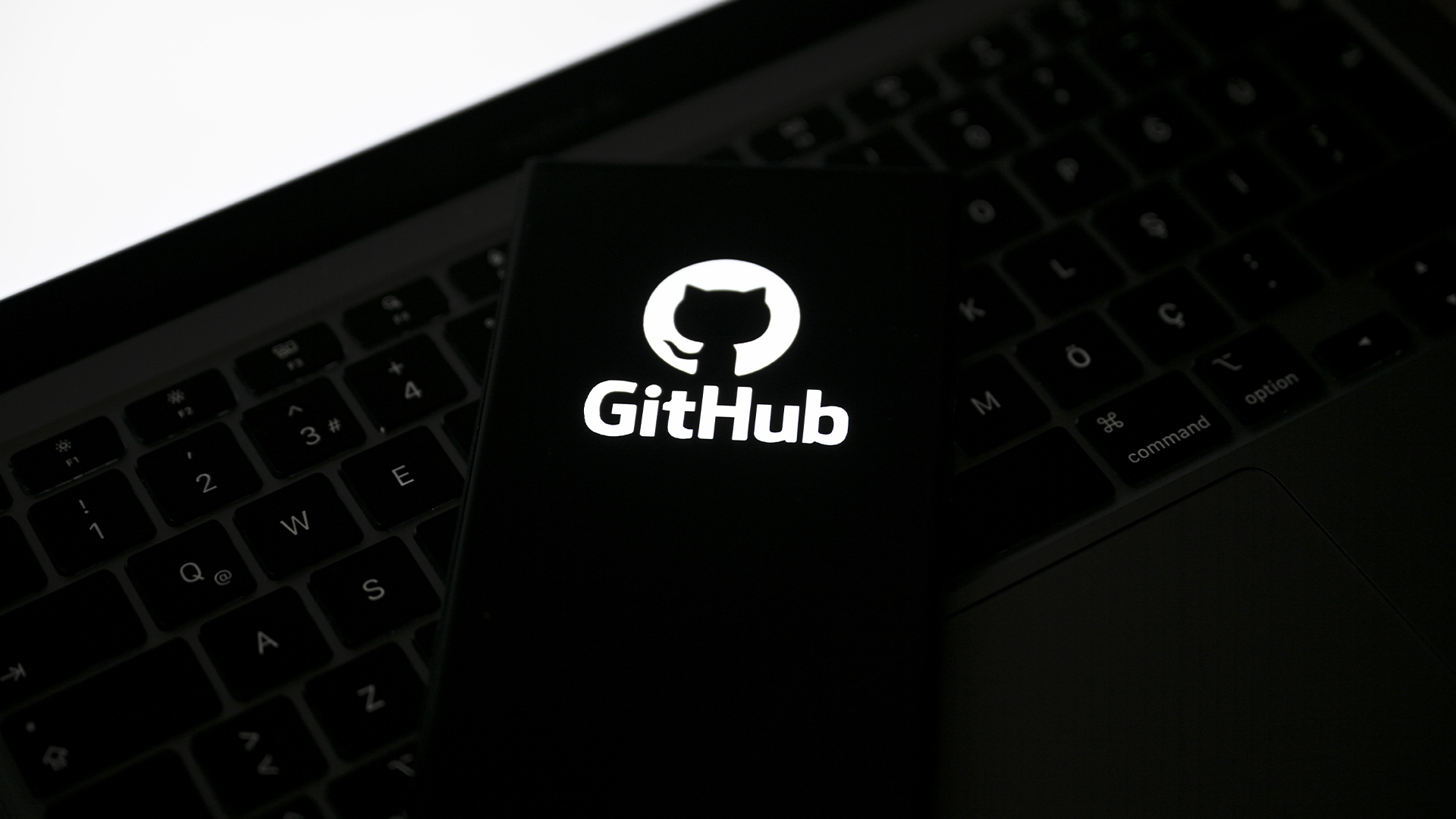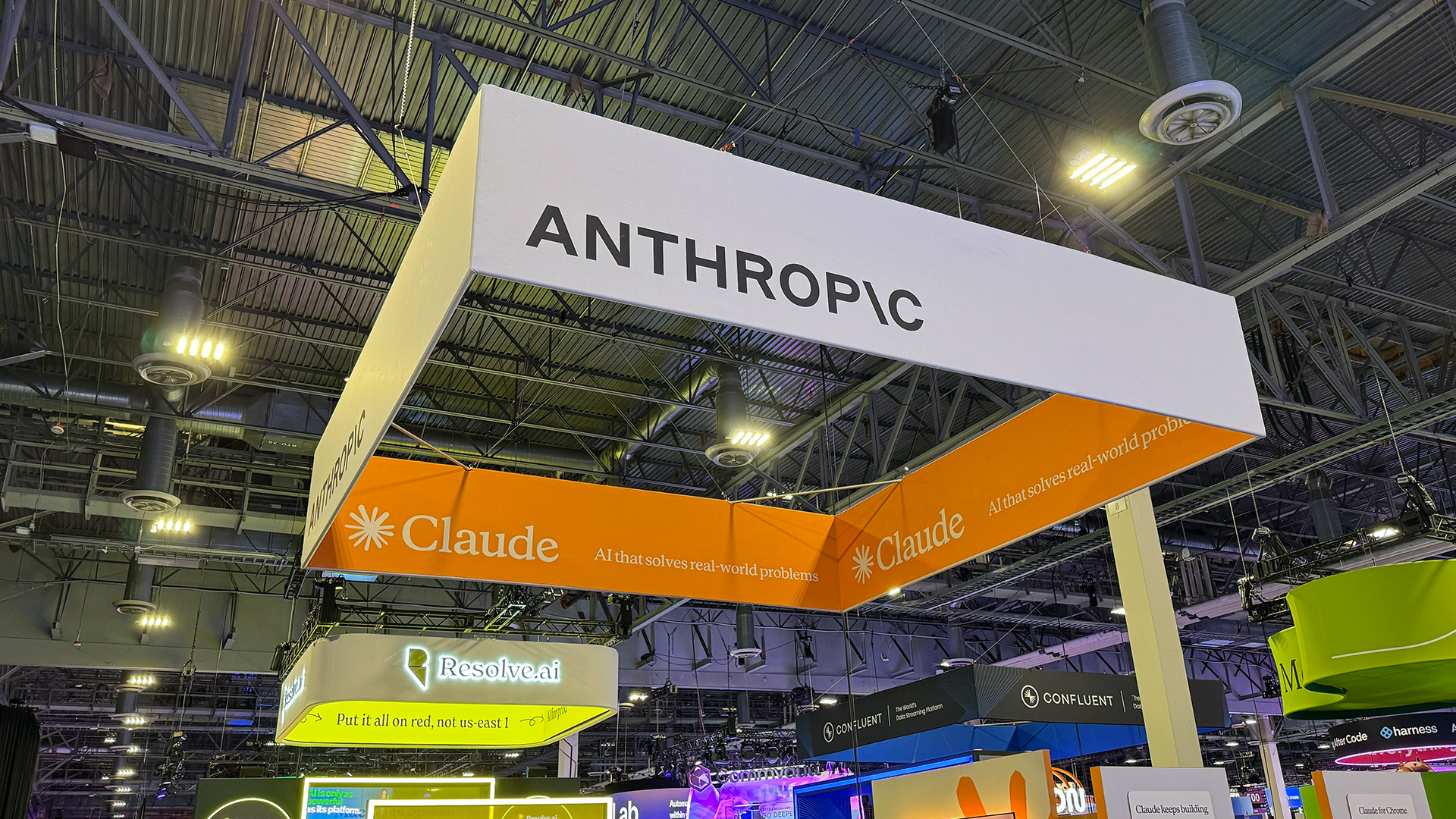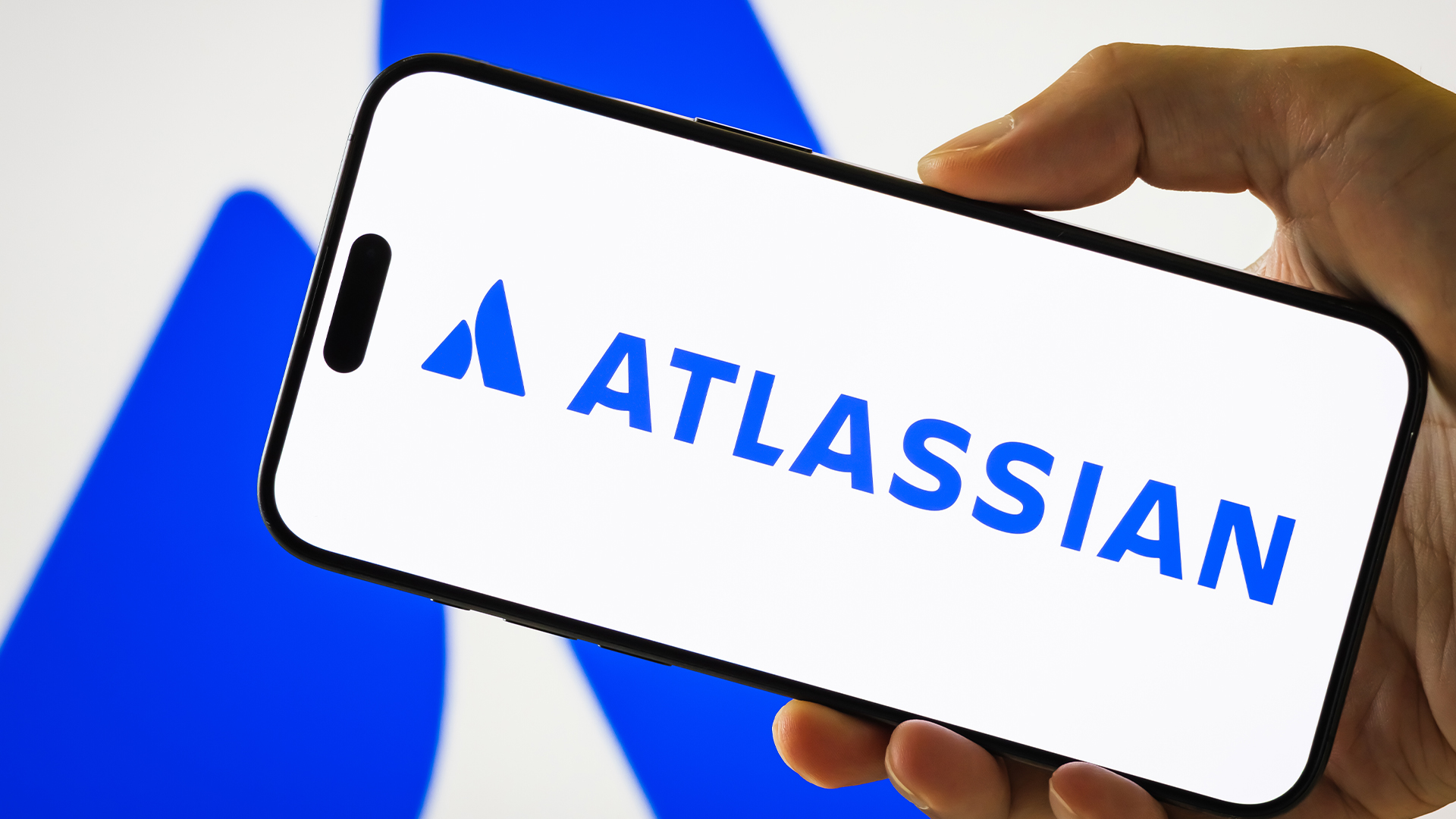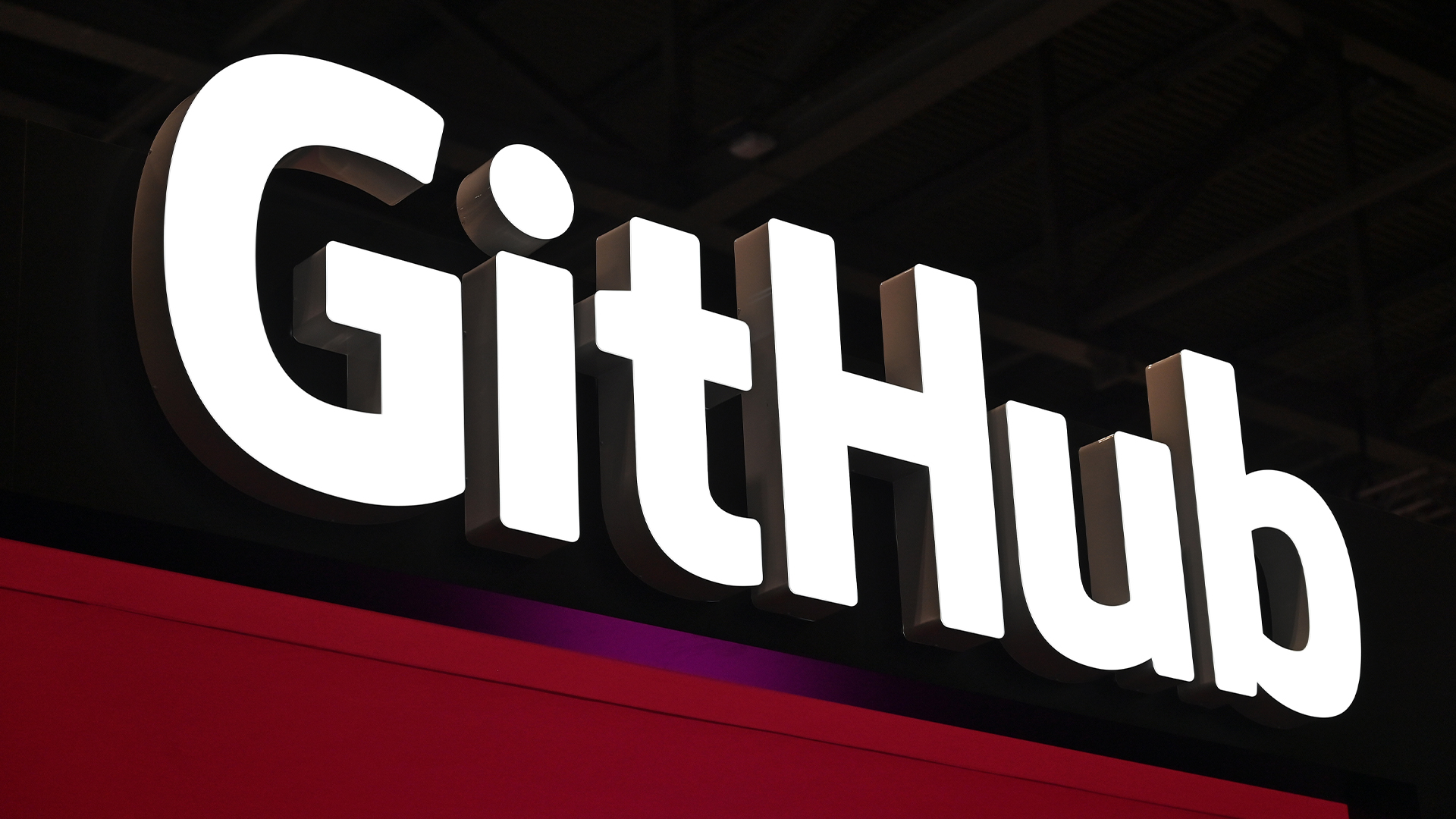“There is no one model to rule every scenario”: GitHub will now let developers use AI models from Anthropic, Google, and OpenAI
Devs will be given access to a broader array of AI models on GitHub – but there's more in store for users


GitHub Copilot is going multi-model, with the company unveiling a raft of new options for developers to draw from.
Developers will now have the option of using Anthropic’s Claude 3.5 Sonnet, Google’s Gemini 1.5 Pro, and OpenAI’s GPT-4o, o1-preview, and o1-mini. They can either go with Copilot's default, or toggle between models during a conversation with Copilot Chat about the best model for particular use cases.
The move, announced at the GitHub Universe conference in San Francisco last week, aims to expand the variety of AI models to help cater to unique individual developer needs, according to GitHub CEO Thomas Dohmke.
"In 2024, we experienced a boom in high-quality large and small language models that each individually excel at different programming tasks. There is no one model to rule every scenario, and developers expect the agency to build with the models that work best for them," he said.
"It is clear the next phase of AI code generation will not only be defined by multi-model functionality, but by multi-model choice. Today, we deliver just that."
Anthropic’s Claude 3.5 Sonnet was made available via GitHub Copilot to coincide with the announcement, while Google’s Gemini 1.5 Pro will be made available for users in the coming weeks, the company confirmed.
"Claude 3.5 Sonnet excels at coding tasks and is broadly used by developers for its exceptional grasp of software engineering principles and ability to tackle complex programming challenges," said Jared Kaplan, co-founder and chief scientist at Anthropic.
Sign up today and you will receive a free copy of our Future Focus 2025 report - the leading guidance on AI, cybersecurity and other IT challenges as per 700+ senior executives
"Through GitHub Copilot, Claude will help even more developers throughout the entire development process, from concept to deployment."
GitHub wants to simplify application development
This wasn’t the only major announcement from GitHub last week, either. The firm unveiled a new feature aimed at simplifying application development.
The new GitHub Spark feature uses natural language to build micro apps that can integrate AI features and external data sources without requiring any management of cloud resources.
Developers can start with an initial prompt using both OpenAI and Anthropic models, see live previews of their app as it's built, and automatically save versions of each iteration so they can compare versions as they go.
The new feature also gives developers the option to make changes directly to the underlying code.
"For too long, there has been an unscalable barrier of entry separating a vast majority of the world’s population from building software. This can change with GitHub Spark, our new AI native tool to build applications entirely in natural language," said Dohmke.
"With Spark, we will enable over one billion personal computer and mobile phone users to build and share their own micro apps directly on GitHub—the creator network for the age of AI."
The company also bolstered AI capabilities across its platform with the introduction of multi-file edit for GitHub Copilot in VS Code. This allows Copilot Chat in VS Code to be used to make edits across multiple files at the same time.
GitHub Copilot Extensions, meanwhile, will allow developers to ask questions of any integrated developer tool, including Atlassian Rovo, Docker, Sentry, and Stack Overflow. Users will also be able to build their own private extensions that work with their internal developer tooling.
Similarly, the code completion capabilities of Copilot are now available in public preview for Xcode, for building apps across all Apple platforms.
Emma Woollacott is a freelance journalist writing for publications including the BBC, Private Eye, Forbes, Raconteur and specialist technology titles.
-
 Anthropic says MCP will stay 'open, neutral, and community-driven' after donating project to Linux Foundation
Anthropic says MCP will stay 'open, neutral, and community-driven' after donating project to Linux FoundationNews The AAIF aims to standardize agentic AI development and create an open ecosystem for developers
-
 Claude Code is coming to Slack — here’s how to use it, what it can do, and how to get access
Claude Code is coming to Slack — here’s how to use it, what it can do, and how to get accessNews Users can get access to Claude Code in Slack today and begin delegating tasks
-
 Atlassian just launched a new ChatGPT connector feature for Jira and Confluence — here's what users can expect
Atlassian just launched a new ChatGPT connector feature for Jira and Confluence — here's what users can expectNews The company says the new features will make it easier to summarize updates, surface insights, and act on information in Jira and Confluence
-
 Google CEO Sundar Pichai thinks software development is 'exciting again' thanks to vibe coding — but developers might disagree
Google CEO Sundar Pichai thinks software development is 'exciting again' thanks to vibe coding — but developers might disagreeNews Google CEO Sundar Pichai claims software development has become “exciting again” since the rise of vibe coding, but some devs are still on the fence about using AI to code.
-
 European software spending is set to surge in 2026 – here's why
European software spending is set to surge in 2026 – here's whyNews Enterprises are approaching the “trough of disillusionment” with AI, but it’s not stopping them from spending
-
 GitHub is scrapping some Claude, OpenAI, and Gemini models in Copilot – here's what you need to know and what alternatives are available
GitHub is scrapping some Claude, OpenAI, and Gemini models in Copilot – here's what you need to know and what alternatives are availableNews GitHub Copilot users are urged to switch to the newer models following the retirement cut-off
-
 Anthropic’s new Claude Code web portal aims to make AI coding even more accessible
Anthropic’s new Claude Code web portal aims to make AI coding even more accessibleNews Claude Code for web runs entirely in a user’s browser of choice rather than in a command-line interface and can be connected directly to chosen GitHub repositories.
-
 UK government programmers trialed AI coding assistants from Microsoft, GitHub, and Google – here's what they found
UK government programmers trialed AI coding assistants from Microsoft, GitHub, and Google – here's what they foundNews Developers participating in a trial of AI coding tools from Google, Microsoft, and GitHub reported big time savings, with 58% saying they now couldn't work without them.


